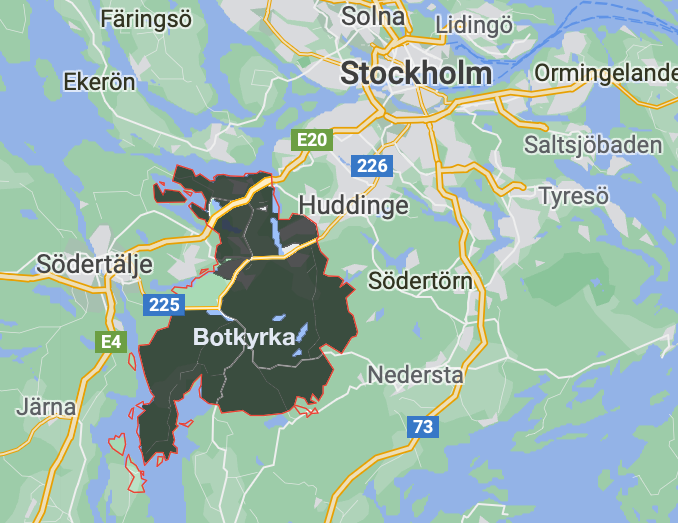The joy was palpable on 17 August this year as representatives gathered on an empty plot of land in Botkyrka, south of Stockholm, for a symbolic groundbreaking ceremony for the new building of the School of Edessa (Swedish: Edessaskolan).
What began in 2008 with just a handful of students has since grown into a full-fledged primary school welcoming up to 200 children from kindergarten to fifth grade, with further expansion planned once the new premises are completed.
Edessaskolan is a language-focused charter school that prioritizes Swedish while also offering Western Assyrian as an extended mother-tongue subject. All students receive two weekly lessons in Western Assyrian and two in Oriental music, in addition to the regular curriculum.
While not owned or governed by the Syriac Orthodox Church, the school maintains a Christian profile, teaching the foundations of the church and emphasizing the Aramean heritage of the Assyrian nation. As a charter school, its operations are fully funded by the state.
At present, the school operates from temporary pavilions close to the construction site. The new building is expected to be completed by 2027.
The initiative to establish the school was led by Assyrian businessman Samir Rhawi, together with Dr. Assad Sauma Assad, Gabriel Marawgeh, and principal Robert Abraham. Despite initial rejection by the Swedish Schools Inspectorate (Skolinspektionen) and the absence of support from larger organizations, they ultimately succeeded.
Edessaskolan is managed by the Bar Hebraeus Foundation, founded in 2006 and named after one of the most prominent fathers of the Syriac Orthodox Church.

Botkyrka municipality, where the school is located, is home to a large Assyrian community. It lies just 20 kilometers north of Södertälje, the town with Sweden’s largest Assyrian population.










